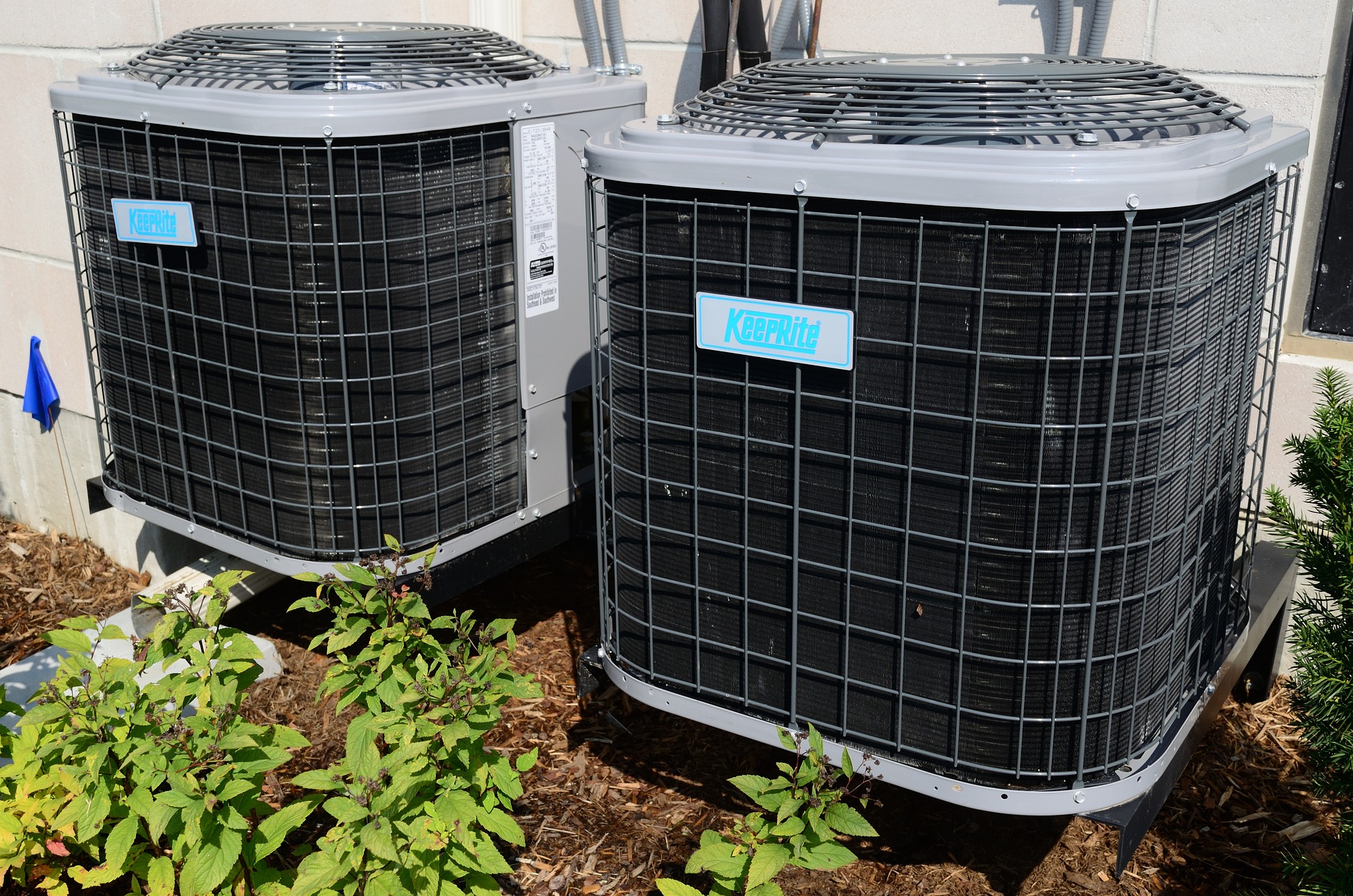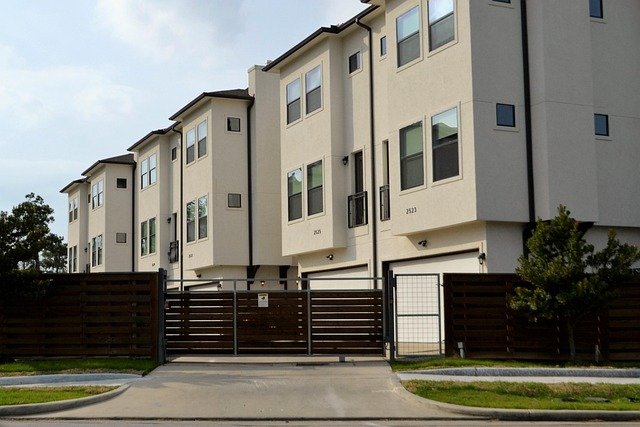Reliable Air Condition Solutions for Home Efficient Residential Air Conditioners Trusted AC Installation and Repair Services Affordable Cooling Systems for Comfort High Performance Air Condition Units for Summer
Choosing the right air conditioning system is essential for maintaining a comfortable indoor environment during hot weather. From residential homes to small offices, reliable and efficient AC units help regulate temperature, reduce humidity, and improve air quality. This guide highlights trusted air conditioning solutions, including installation, maintenance, and repair services, helping you select a system that meets your cooling needs while ensuring energy efficiency and long-lasting performance.

Discovering Reliable Air Condition Solutions for Your Home
When selecting an air conditioning system for your residence, reliability stands as one of the most critical factors. A reliable system not only provides consistent cooling but also operates efficiently while requiring minimal maintenance. Central air conditioning systems remain popular for whole-house cooling, using a network of ducts to distribute cool air throughout the home. These systems typically consist of an outdoor compressor unit and an indoor air handler or evaporator coil connected to the home’s furnace.
For homes without existing ductwork, mini-split systems offer a flexible alternative. These ductless systems include an outdoor compressor connected to one or more indoor air-handling units through a small conduit, eliminating the need for extensive renovation work. Window units and portable air conditioners provide more localized cooling and represent more affordable options for cooling individual rooms or small apartments.
When evaluating system reliability, consider factors such as manufacturer reputation, warranty coverage, and professional reviews from industry experts. Look for units with high-quality components, corrosion-resistant materials, and robust protective features such as compressor time delays and filter monitors.
Exploring Efficient Residential Air Conditioners
Energy efficiency has become increasingly important as homeowners seek to reduce both environmental impact and operating costs. Modern air conditioners are rated using the Seasonal Energy Efficiency Ratio (SEER), with higher numbers indicating greater efficiency. While the minimum SEER rating required by federal regulations is 14 in most states, high-efficiency models can reach SEER ratings of 20 or higher.
Variable-speed technology represents one of the most significant advancements in air conditioner efficiency. These systems adjust their output based on cooling needs rather than simply turning on and off, resulting in more consistent temperatures and improved humidity control. Some models incorporate smart technology that allows homeowners to monitor and adjust settings remotely through smartphone applications.
Another efficiency consideration is proper sizing. An oversized unit will cycle on and off frequently, reducing efficiency and component lifespan, while an undersized unit will run continuously without adequately cooling the space. Professional HVAC contractors use load calculations based on factors including home size, insulation levels, window placement, and local climate to determine the appropriate capacity for residential installations.
Finding Trusted AC Installation and Repair Services
The quality of installation significantly impacts an air conditioner’s performance, efficiency, and longevity. Professional installation ensures proper sizing, correct refrigerant levels, appropriate airflow, and secure electrical connections. When seeking installation services, look for contractors who are licensed, insured, and certified by recognized industry organizations such as NATE (North American Technician Excellence).
Reputable installation professionals will conduct a thorough home assessment before recommending specific equipment. This evaluation should include a load calculation to determine appropriate system capacity, inspection of existing ductwork if applicable, and discussion of additional components such as air purifiers or whole-house dehumidifiers that might enhance your comfort system.
For repair services, responsiveness and technical expertise are paramount considerations. Established HVAC companies typically offer emergency service options for sudden breakdowns, especially during extreme weather conditions. Many providers now offer service agreements that include regular maintenance visits, priority scheduling for repairs, and sometimes discounted parts and labor for ongoing customers.
Choosing Affordable Cooling Systems for Home Comfort
Air conditioning represents a significant investment, with costs varying widely based on system type, capacity, efficiency, and installation complexity. Understanding the available options at different price points helps homeowners make decisions that balance upfront costs with long-term savings and performance.
| System Type | Average Equipment Cost | Average Installation Cost | Total Average Cost |
|---|---|---|---|
| Window Units | $150-$500 | $0-$100 | $150-$600 |
| Portable AC | $300-$700 | $0 | $300-$700 |
| Ductless Mini-Split (Single Zone) | $1,000-$3,000 | $1,000-$2,000 | $2,000-$5,000 |
| Central Air Conditioning | $2,500-$7,500 | $2,500-$6,000 | $5,000-$13,500 |
| High-Efficiency Central AC | $3,500-$10,000 | $3,000-$7,000 | $6,500-$17,000 |
Prices, rates, or cost estimates mentioned in this article are based on the latest available information but may change over time. Independent research is advised before making financial decisions.
While initial purchase price is important, operating costs should factor into affordability considerations. Higher-efficiency systems typically cost more upfront but can deliver substantial energy savings over their lifespan. Many utility companies offer rebates for high-efficiency equipment, and federal tax credits are periodically available for qualifying installations.
Financing options have expanded in recent years, with many contractors offering payment plans or partnerships with financial institutions for home improvement loans. Some areas also have PACE (Property Assessed Clean Energy) programs that allow homeowners to finance energy-efficient upgrades through property tax assessments.
Selecting High-Performance Air Condition Units for Summer
Summer heat waves demand robust cooling performance from residential air conditioning systems. High-performance units combine sufficient cooling capacity with advanced features that enhance comfort, convenience, and efficiency during peak cooling seasons.
Multi-stage or variable-capacity compressors represent a significant performance upgrade compared to traditional single-stage models. These advanced compressors can operate at different levels based on cooling needs, providing more precise temperature control and improved humidity management. During extreme heat, the system can run at maximum capacity, while during milder conditions, it operates at reduced levels for greater efficiency.
Smart thermostats complement high-performance air conditioners by optimizing operation based on occupancy patterns, weather forecasts, and user preferences. Some systems feature zoning capabilities that allow different areas of the home to be maintained at different temperatures, directing cooling power where it’s most needed.
For environments with high humidity, look for systems with enhanced moisture removal capabilities. Features such as variable-speed fan motors and specialized cooling cycles can extract more moisture from the air, creating a more comfortable environment even when temperatures soar.
Maintaining Your Air Conditioning System for Longevity
Regular maintenance significantly extends the lifespan of residential air conditioning systems while preserving efficiency and performance. Homeowners should change or clean air filters monthly during peak usage seasons and ensure outdoor units remain free from debris and vegetation that might restrict airflow.
Professional maintenance, typically recommended annually before cooling season begins, includes tasks such as checking refrigerant levels, cleaning condenser and evaporator coils, inspecting electrical components, and verifying system controls. This preventative care helps identify potential issues before they lead to system failure and maintains the manufacturer’s warranty requirements in many cases.
For older systems showing signs of declining performance or requiring frequent repairs, replacement might be more economical than continued maintenance. Most residential air conditioners have an expected lifespan of 12-15 years, though well-maintained systems in favorable conditions may last longer. When replacement becomes necessary, the investment in newer, more efficient technology often pays dividends through improved comfort and reduced operating costs.




